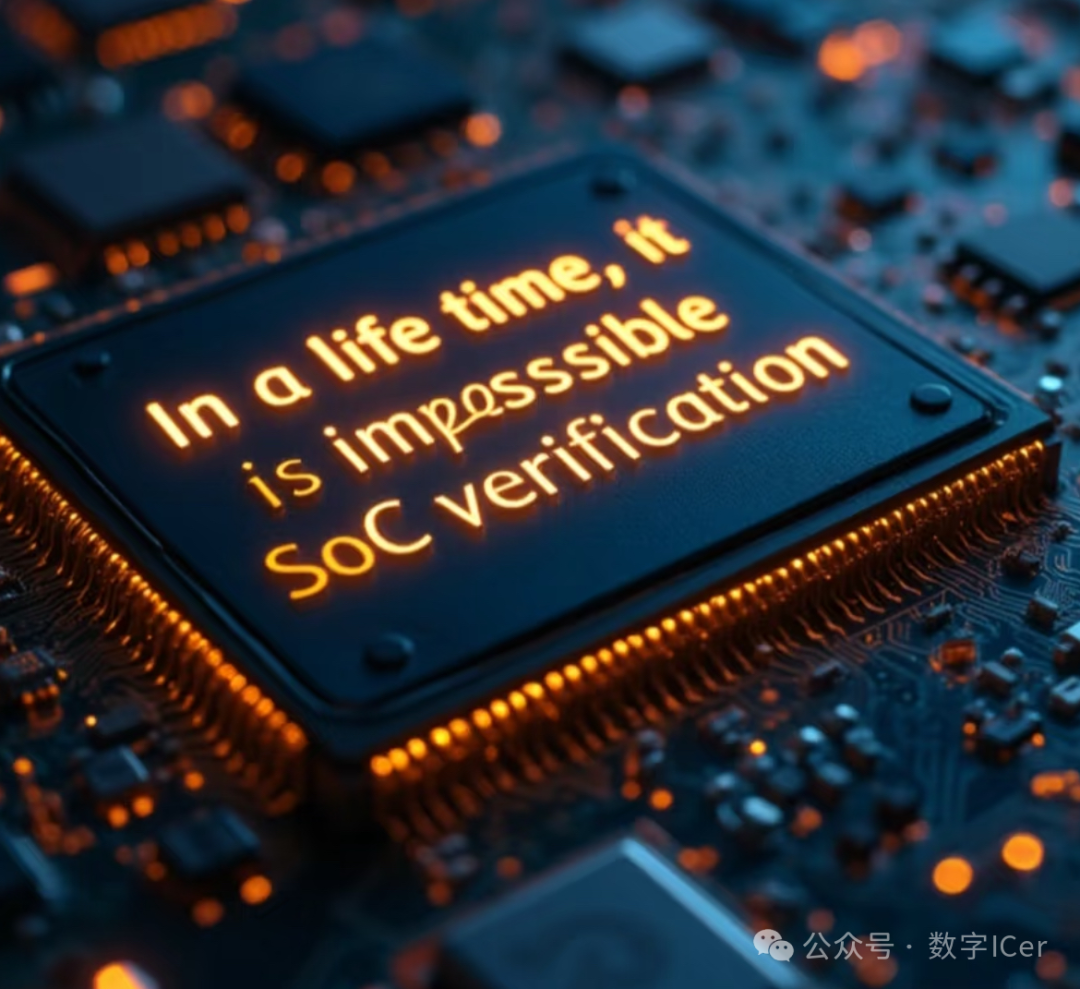
As domestic chip successes frequently make headlines and the semiconductor industry becomes a darling of the capital market, a critical group is leaving in droves—chip engineers with three years of experience are experiencing a collective career burnout.
They have endured the darkest moments of tape-out but are faltering during what seems to be a bright upward phase. Behind this is a fierce collision between industrial euphoria and a talent crisis.
The three-year curse, in the chip industry, “three years of experience” marks a career watershed; the three-year itch is not coincidental but an inevitable result of four intertwined dilemmas.
Four dilemmas that exhaust the last transistor of chip professionals
1. Stagnant growth curve: The ultimate panic of technical personnel
Narrow career paths, stagnant promotion channels, and slow technological iteration have trapped countless engineers in the quagmire of “reinventing the wheel.” The optimization of process nodes, the cycle of verification cases, and patching up old architectures gradually wear down technical enthusiasm. When personal growth cannot keep pace with the industry iteration cycle, resignation becomes the last resort.
2. Salary inversion: The increasingly absurd workplace paradox
The salary inversion between new and old employees has become a chronic issue in the industry, with year-end bonuses being discounted and salary increases failing to keep up with inflation becoming the norm. When senior engineers find their salaries lower than those of fresh graduates, and overtime results in a suboptimal health report, the balance of cost-effectiveness tips completely. Job-hopping then becomes the only way to achieve salary growth.
3. Option traps: The Truman Show in the capital game
The “three-year lock-up period” resembles a carefully designed math problem: the game between exercise price and market valuation, repeated failures to fulfill IPO promises, and the depreciation of valuation when options are realized… When equity incentives turn into psychological coercion, all that remains is the silent cost of being trapped.Three years is enough time for an employee to see through the pie their boss has painted.
4. Infinite involution: The new Moore’s Law in the chip circle
Chip engineers with three years of experience have reached maturity, and their work is going smoothly. The saying that “the greater the ability, the more work there is” reflects the real workplace exploitation, where working more does not necessarily yield more, but working less certainly incurs more penalties. When the body signals distress and life is consumed by work, escaping becomes the last line of defense.